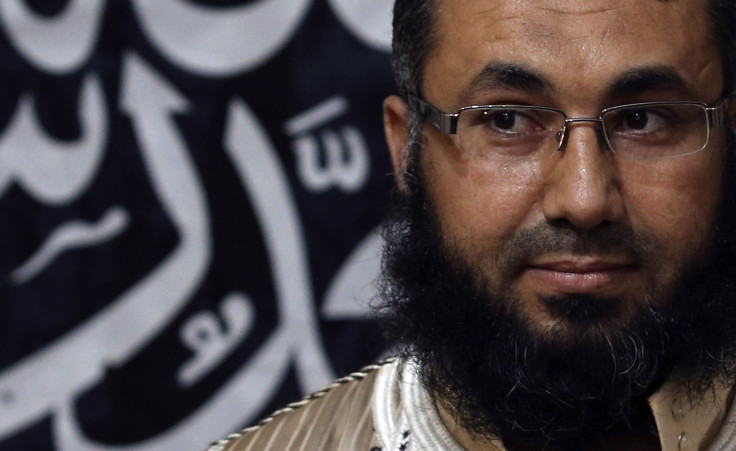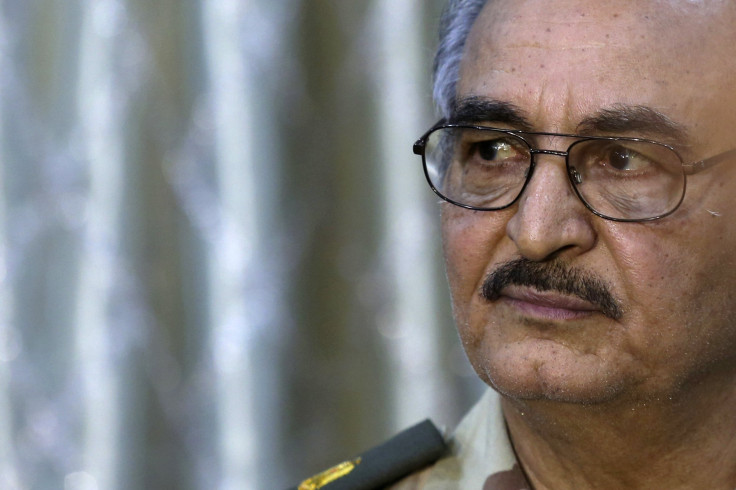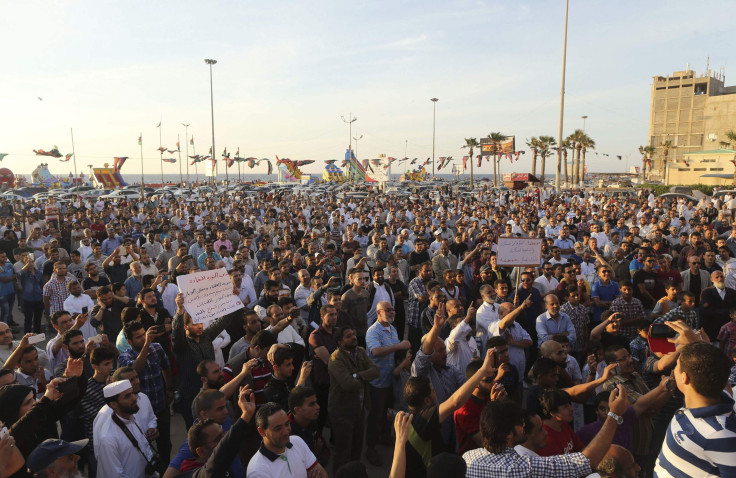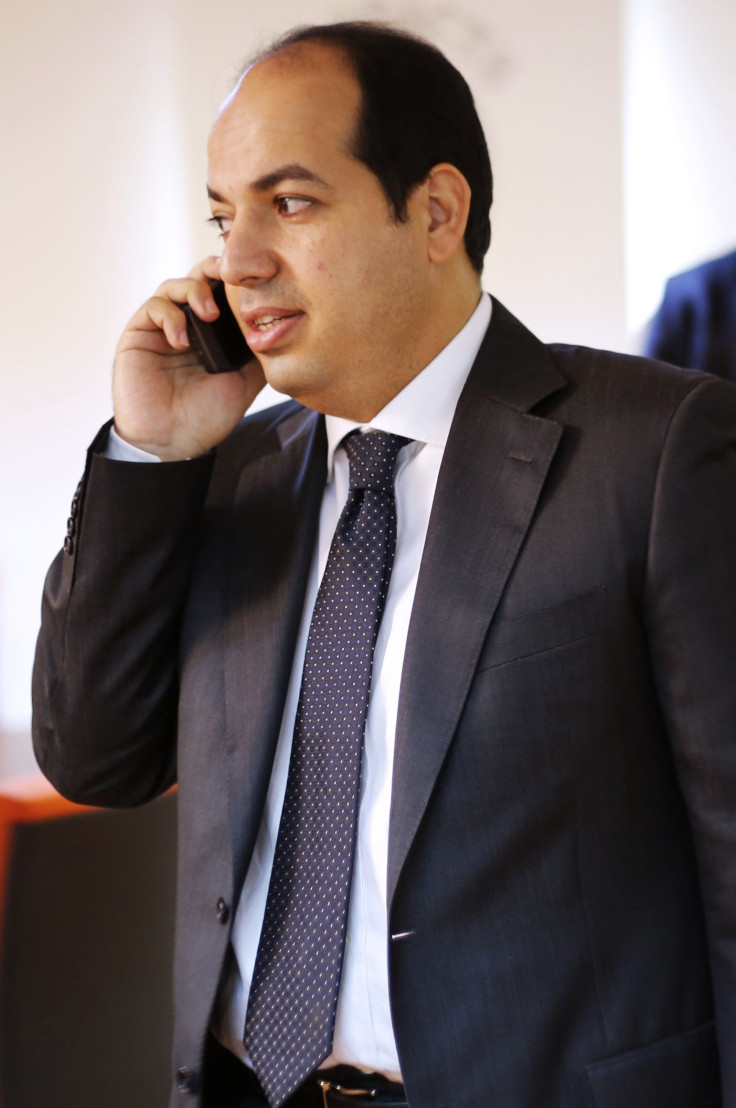Libya Crisis: State Dept. Urges All Americans To Leave, US Sends Ship With 1,000 Marines For Evacuation

As tensions between Libya’s Islamist-dominated General National Congress and Gen. Khalifa Hifter grow, the United States is mobilizing defense forces and urging all Americans in the country to get out at once.
The State Department issued a travel warning Tuesday urging all U.S. citizens to leave immediately, and is preparing for a possible evacuation of the U.S. Embassy in Tripoli.
"The security situation in Libya remains unpredictable and unstable,” the State Department said in its advisory. “The Libyan government has not been able to adequately build its military and police forces and improve security following the 2011 revolution. Many military-grade weapons remain in the hands of private individuals, including anti-aircraft weapons that may be used against civilian aviation. Crime levels remain high in many parts of the country."

An anonymous U.S. defense official told the Agence France-Press that the USS Bataan, an amphibious assault ship with about 1,000 Marines aboard, has been deployed in case of an emergency evacuation at the embassy and will be off the coast of Libya in a matter of days.
Amphibious warships are used in military operations that employ naval power to protect ground or air forces. In addition to the Bataan, 250 Marines, seven tilt-rotor Osprey aircraft and three refueling aircraft are available in Sigonella, Italy.
Here’s what happened this week leading up to the U.S. decision to mobilize around Libya:
1. Mohamed Zahawi, leader of the Benghazi-based Islamist militant group Ansar al-Sharia, warned the U.S. that any interference in the country would result in greater conflicts than Iraq, Somalia or Afghanistan. The group has been accused of the 2012 Benghazi attack that killed four Americans and is listed as a terrorist organization by Washington. Today, it is under attack by Hifter, who launched an attack on several Islamist camps and is trying to overthrow the government. He called the campaign Operation Karama (dignity in Arabic) and over the last month, several rallies have broken out in support of his operation.

“We remind America, if they intervene, of their defeats in Afghanistan, Iraq and Somalia, because they would face in Libya something much worse," Zahawi said in a statement. "It was America who urged Hifter to turn the country towards war and bloodshed.
How is the U.S. involved in this? Hifter is actually an American citizen and Ansar al-Sharia is convinced the U.S. government is backing him. According to Reuters, Zahawi accused Hifter Tuesday of being the "new Gadhafi" and an "agent of American intelligence”
According to several reports, Hifter moved to Virginia and joined the CIA payroll, where he was used to help overthrow dictator Muammar Gadhafi in 2011. The CIA has not confirmed this. When asked about the Islamist group’s accusation, a U.S. official in Washington told Reuters: "That's ridiculous, but coming from a terrorist, not unexpected."
2. Gunmen attacked the home of newly elected Libyan Prime Minister Ahmed Miitig on Tuesday. One of Miitig’s aides told the AFP that "there was an attack with rockets and small arms on the prime minister's house.” Miitig is backed by the Islamist government, and this attack could very well have come from Hifter.

3. The New York Times published a report earlier this week stating that U.S. weaponry had been stolen in Libya and was possibly being sold on the black market. According to the Times, U.S. Special Operations troops have been forming counterterrorism cells in Libya, Mauritania, Niger and Chad in an effort to combat al-Qaeda with homegrown counterterrorism units. The operations in Libya came to an abrupt halt “after a group of armed militia fighters overpowered a small Libyan guard force at a training base outside Tripoli and stole hundreds of American-supplied automatic weapons, night-vision goggles, vehicles and other equipment,” New York Times’ Eric Schmitt wrote.
© Copyright IBTimes 2024. All rights reserved.




















